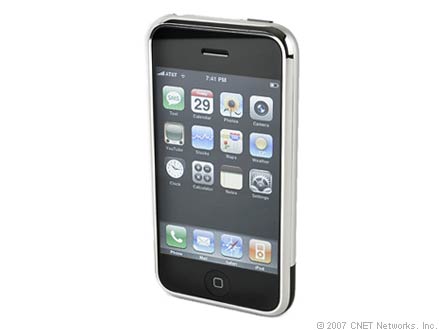Will smartphones make us healthier?


They bring with them a host of health applications, some useful, others just silly.
We are still at the start of the evolution but it's time to ask the question. Will smartphones help make us healthier?
Right now the fitness-obsessed and hypochondriac are getting some serious help. Many doctors have a new toy. But is anything really happening?
I argue that it is. As smartphones become a platform as important as desktops they change the way we live in subtle ways.
I noticed this on my recent trip to China. Lacking a phone of any kind, I felt naked. Lacking a smartphone I felt lost. Especially so since everyone around me had one.
That's because smartphone makers have broken the U.S. carrier monopoly on SIM cards, those plug-in chips that define services. The AT&T monopoly on the iPhone is now a local monopoly. Every American I saw at CompuTex with an iPhone had simply changed-out their SIM for one with a local carrier and gone back to work.
Another reason is that the "touch" interface is becoming ubiquitous. Everything next year will be a touchscreen, and not just that but every new interface will be a touch interface. It's the first real advance in computing since the mouse.
A third reason is that smartphones are, thanks to the Web, gathering some unity of purpose. Widget sites like Plusmo support a variety of smartphones, and it's no longer unusual to see widgets and apps that work on multiple devices.
All of which means we're gradually gaining a more intimate relationship with the data defining our life and work. This includes health data. Whether you're a medical professional or a layman, you will benefit from this intimacy in many, unexpected ways.
Agree or disagree?